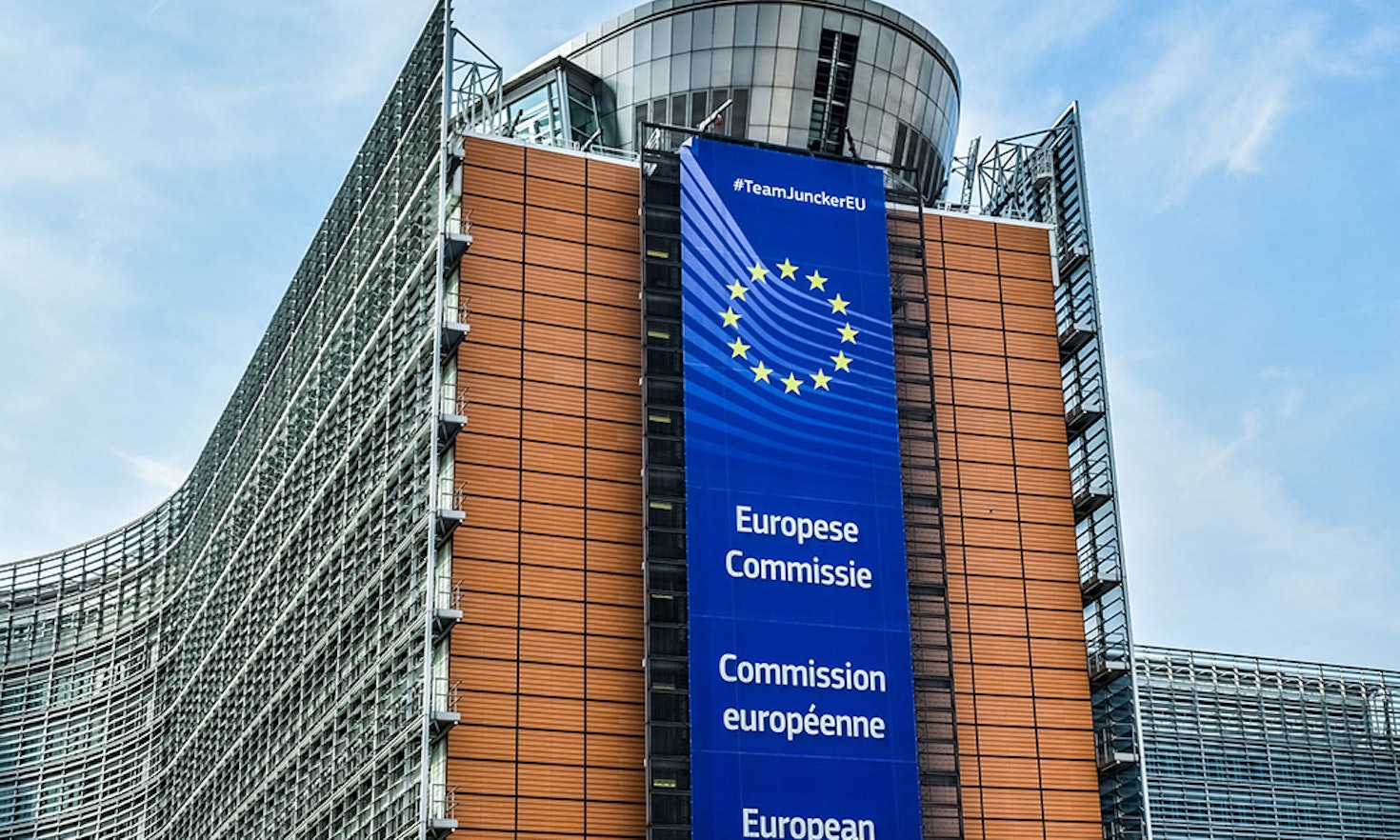 |
| The European Commission |
Brussels Adjusts CO2 Targets for Automakers
The European Commission is set to introduce amendments to its CO2 standards regulation, offering automakers increased flexibility in meeting emissions targets. European Commission President Ursula von der Leyen emphasized that the commission remains committed to the established CO2 reduction goals but will introduce "pragmatism" to assist manufacturers facing economic and technological challenges.
Key Changes in CO2 Regulations
Von der Leyen outlined the shift from annual compliance checks to a three-year compliance period, allowing manufacturers to balance emissions over a longer timeframe. The overall fleet-wide greenhouse gas target for light passenger vehicles and vans remains 93.6 g/km until 2029, aligning with the EU's long-term climate goals. However, automakers will now have more room to maneuver without facing immediate penalties for failing to meet the 2025 targets.
The EU’s targets remain ambitious, requiring a 55% reduction in fleet emissions by 2030 (49.5 g/km) and full zero-emission compliance by 2035. The policy intends to balance "predictability and fairness," particularly for firms that have already invested in low or zero-emission vehicles.
Impact on EV Rollout and Industry Reactions
Despite the added flexibility, industry experts warn of potential setbacks. E-Mobility Europe Secretary-General Chris Heron cautioned that the new compliance structure could "significantly delay" Europe’s electric vehicle adoption. He projected that approximately 500,000 fewer electric cars might enter the EU market by 2025 due to regulatory uncertainties, which could also impact investments in charging infrastructure and battery production.
The proposed amendment must still pass through the European Parliament and secure approval from a qualified majority of EU member states. Meanwhile, representatives from the biofuels and hydrogen sectors have expressed disappointment over the commission’s latest automotive industrial action plan, citing the lack of emphasis on low-carbon fuels and hydrogen solutions.

